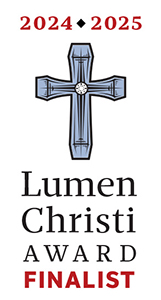In 2017, as a newly ordained deacon, Stephen Sellers first visited death row at the Polunsky, Texas, prison. He wasn’t sure he could handle returning. “I went back out in the parking lot and prayed that God would never send me back there again,” Deacon Sellers recalled.
He said this because at that time he had five Yorkshire “Yorkie” terriers, and they lived in better conditions than these prisoners did—who were living in small, tightly cramped jail cells for at least 23 hours a day.
Deacon Sellers, pictured below, works with the inmates.
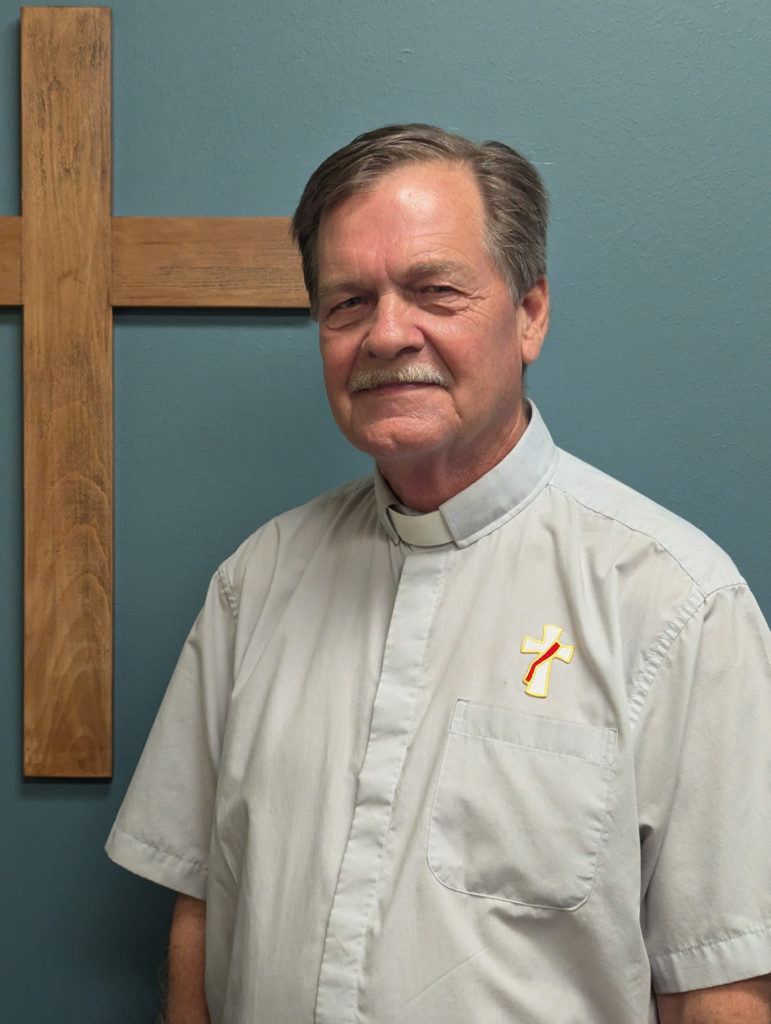
These men will one day be free, sentenced to life or executed. No matter their circumstances, he strives to ensure that their time served behind bars is a chance for transformation.
Prison, as Deacon Sellers described it, is “a world inside our world.”
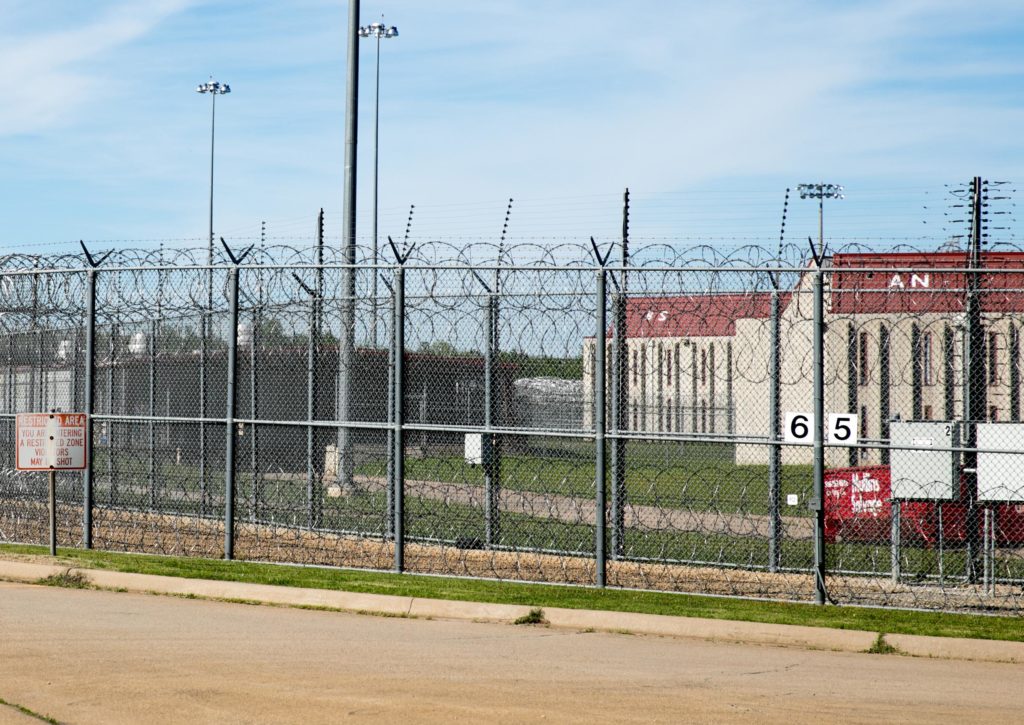
Many inmates he encounters have never felt love in their lives. They have been disowned by their families for their actions.
Deacon Sellers initially feared he would not be strong enough for prison ministry. He used to be reduced to a “pool of tears,” as he put it. But he has since found it to be one of the most beautiful ministries he performs because amid the incredible, seemingly endless darkness he sees in the prisons, there is still hope and purpose.
It’s a truly dark place. But I guess in a darker place, it’s easier to see the light of Christ.”
An unseen ministry
Over the last 10 years, Catholic Extension Society has supported prison ministries in 56 dioceses across the United States. Although often hidden to the outside world, these ministries are helping inmates make important internal transformations. It is an unknown, underappreciated ministry, yet one that is so profound.
Prison ministry is helpful to societal well-being because it has been shown to be an effective tool in reducing recidivism. Exposure to faith lessens the likelihood of convicted criminals re-offending.
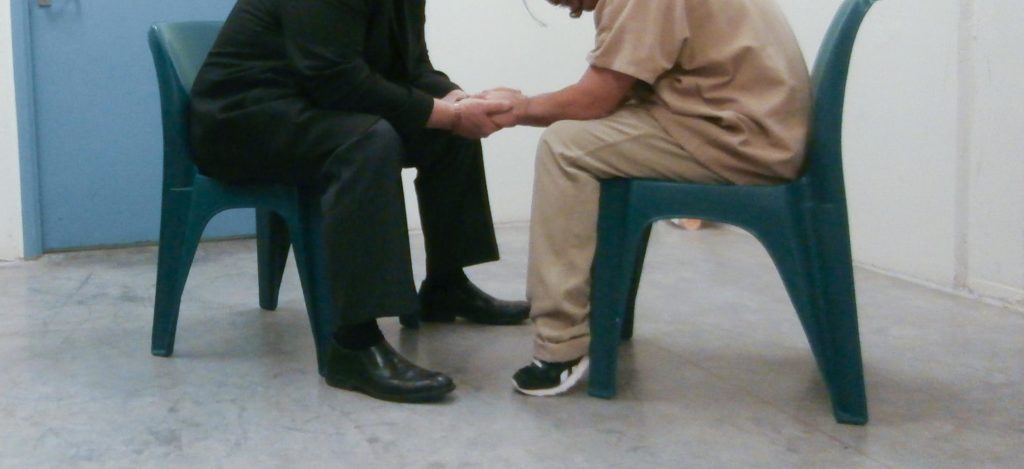
According to a 2022 study published by the Texas Department of Criminal Justice—which embraces faith-based programs—recidivism rates in Texas are among the lowest in the country at only 20.3 percent, compared to a 61 percent recidivism rate by state prisoners nationwide as reported by Bureau of Justice Statistics.
Faith-based programs in prisons have been transforming lives for the better, especially in Texas. Deacon Sellers believes inmates who’ve gone through these programs and re–enter society need to be given a chance to show how they’ve changed and how they are now ready to contribute to their communities.
“When they leave, some of them could probably be some of the most productive people,” Deacon Sellers said.
It is that hope for a transformative journey in the inmates’ lives that keeps Deacon Sellers in this ministry after seven years. He puts about 400 miles a week on his truck—driving to the Polunsky and Stiles, Texas, prisons.
This type of ministry does not require complex programming. He brings the Church’s basic toolkit: the sacraments, RCIA classes, preaching and counseling. The inmates often respond positively.
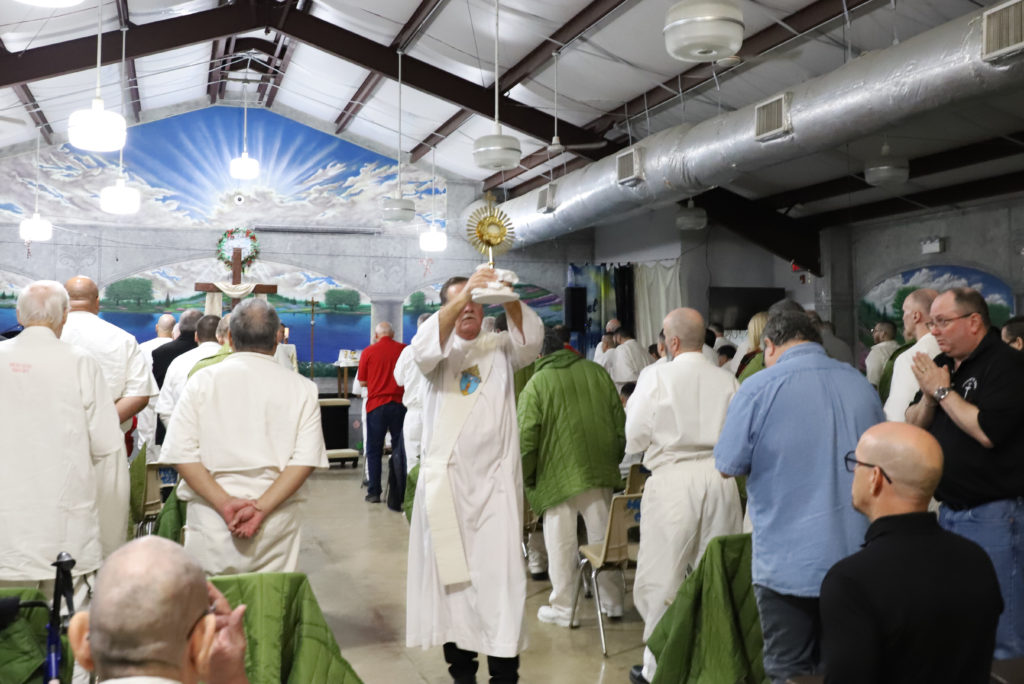
“When they’re able to talk to someone, they’ll ask you 10,000 questions,” Deacon Sellers said. “One thing I’ve learned about being Catholic is that when you try to teach it, you learn a whole lot more.”
Deacon Sellers is patient with their questions and appreciates the dialogue with people across different faiths and ideologies. But what he notices most in these conversations is their gratitude.
“When their hearts open up they’re really receptive and thankful. More than anything else they will thank you a thousand times,” Deacon Sellers said.
The path toward to forgiveness
Deacon Sellers said that many inmates appreciate the faith because they are often distant from their own families and have nothing else to guide them or assure them that they are loved unconditionally.
He has made it his mission to let each of these prisoners know that despite their past sins and mistakes, God is loving and forgiving. They need to start asking for forgiveness. But first they must forgive from within. This journey of forgiveness often occurs during the Masses that Deacon Sellers celebrates with the prisoners. At the service below, they are joined by Bishop David Toups of the Diocese of Beaumont.

“Sometimes it’s about forgiving ourselves,” Deacon Sellers said. “And I’m not trying to, especially in the prison, give them a ‘get-out-of-jail-free’ card.
If God forgives us, then we need to forgive ourselves and start somewhere.”
By helping these men discover God’s unconditional love, Deacon Sellers guides them towards hope. That hope becomes the basis of reformation and transformation—progress that, as the statistics show, benefits not only themselves but also larger society.
Catholic Extension Society is honored to share the story of Deacon Stephen Sellers, a finalist for our Lumen Christi Award. This award is our highest honor given to people who radiate and reveal the light of Christ present in the communities where they serve. Visit this page to read the other inspiring stories from this year’s finalists.
Please consider supporting Catholic leaders like Deacon Stephen Sellers by donating today!



